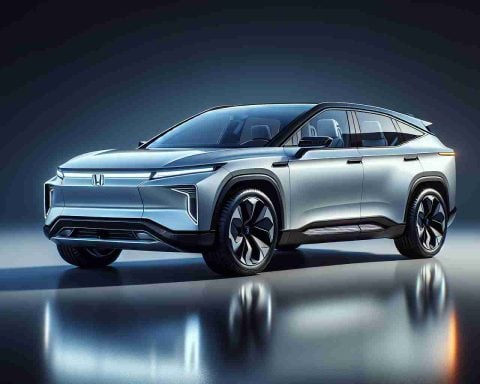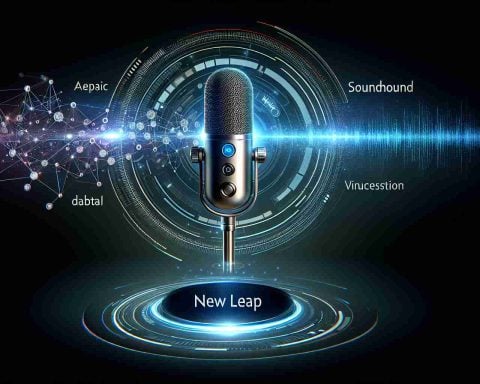A Call for Transparency in New York’s Electric Bus Transition
In a significant move to challenge New York’s electric school bus mandate, State Senator Jim Tedisco is urging the New York State Energy Research and Development Authority (NYSERDA) to disclose vital information concerning the initiative. This mandate requires all school districts to switch to zero-emission buses by 2035, with a gradual transition beginning in 2027.
Senator Tedisco has expressed concerns over the lack of clarity surrounding the mandate, particularly emphasizing the need for insights into which districts have initiated Fleet Electrification Studies and the progress they are making toward implementing the required infrastructure. He believes transparency is crucial for understanding the economic impacts of this costly transition.
Critics, including Tedisco, argue that the mandate does not consider unique regional challenges, such as varying weather conditions and specific transportation needs. He proposes an alternative approach through a new bill aimed at replacing the mandate with a pilot program that would allow districts to evaluate electric buses’ performance before committing to extensive investments.
The financial implications are daunting. Electric buses can reach prices as high as $400,000—substantially more than traditional buses. With additional infrastructure improvements needed, many districts are questioning the feasibility of adherence to the mandate without adequate support.
Questions remain about the practicality of such a transformative plan within New York’s educational landscape.
Facing the Electric Bus Challenge: Key Aspects of New York’s Transition
A Call for Transparency in New York’s Electric Bus Transition
As New York moves to implement its ambitious mandate for zero-emission school buses by 2035, State Senator Jim Tedisco is advocating for greater transparency from the New York State Energy Research and Development Authority (NYSERDA). This initiative, which aims to transition all school districts to electric buses, has sparked significant debate on its practicality and financial implications.
Key Features of the Electric Bus Mandate
– Mandate Timeline: The transition is set to begin in 2027, requiring all school districts to adopt zero-emission buses by 2035.
– Fleet Electrification Studies: There is a pressing need for districts to conduct studies to evaluate the feasibility and efficiency of electric buses. Senator Tedisco emphasizes the importance of knowing which districts are progressing with these initiatives.
Pros and Cons of Electric School Buses
Pros:
– Environmental Impact: Transitioning to electric buses significantly reduces carbon emissions, contributing to cleaner air in urban areas.
– Operational Costs: Electric buses can lead to lower fuel and maintenance costs over time due to fewer moving parts compared to traditional diesel buses.
Cons:
– High Initial Costs: The price of an electric bus can be as high as $400,000, which is considerably more than conventional buses. The financial burden is a primary concern for many school districts.
– Infrastructure Needs: The successful implementation of electric buses requires substantial investments in charging infrastructure, which may not be readily available in many areas.
Challenges and Limitations
Senator Tedisco has highlighted several concerns regarding the one-size-fits-all approach of the mandate. Key limitations include:
– Regional Variations: Diverse weather conditions in New York could affect the performance and reliability of electric buses.
– Transportation Needs: Different districts have unique transportation requirements that may not align with the capabilities of electric buses.
Alternatives Suggested by Senator Tedisco
To address these challenges, Senator Tedisco is advocating for a pilot program as an alternative to the mandate. This program would:
– Allow school districts to test the performance of electric buses before committing to full implementation.
– Provide valuable data to assess the feasibility of widespread adoption based on real-world conditions.
Market Insights and Future Trends
The electric bus market is experiencing growth, with projections suggesting significant advancements in battery technology and infrastructure development in the coming years. Innovations such as improved fast-charging capabilities and partnerships with tech companies are expected to make electric buses more viable for school districts.
Security and Sustainability Aspects
As schools consider transitioning to electric buses, it’s crucial to address the security of the infrastructure supporting them. This includes protecting charging stations from vandalism and ensuring data security for fleet management systems.
Summary
The transition to electric school buses in New York presents both an opportunity for environmental improvement and challenges related to costs and infrastructure. With Senator Tedisco’s call for transparency, the conversation around the feasibility of this mandate is likely to grow, prompting further dialogue on the best path forward for the state’s school transportation systems. The success of this initiative may largely depend on adapting strategies that consider regional needs and financial realities.
For more information on sustainability initiatives in transportation, visit NYSERDA.


















